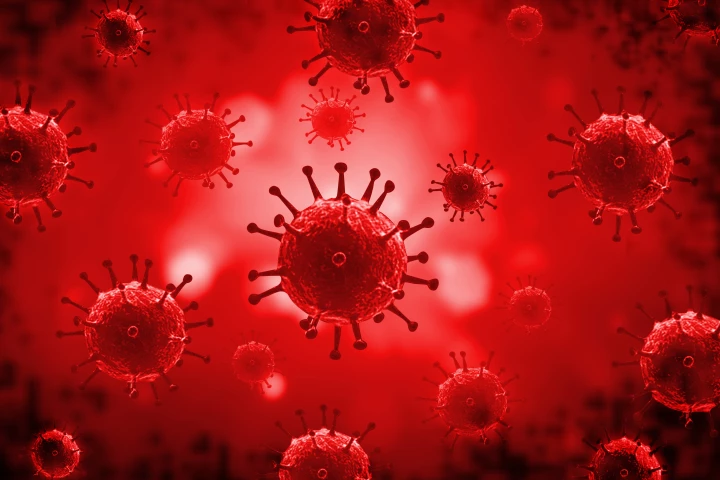Newcastle University
-
For the first time, scientists in Australia have observed bacteria shedding their protective shells and changing shape to escape detection by antibiotics.
-
According to a recent study by Newcastle University, if you want to build a replica of Stonehenge, get some lard. By studying neolithic pottery from a site near the ancient stone circle, archaeologists suggest that pig fat was used as a lubricant to help move the gigantic megaliths.
-
A new exploration to the Atacama Trench off South America’s west coast has shed new light on one of the Earth’s deepest places, including video evidence of what appears to be three brand new species of marine life.
-
There's a limited supply of donor human corneas, meaning that not everyone who needs an eyesight-saving transplant can get one. As a result, biosynthetic corneas have recently been developed. These could become quicker and easier to produce, as scientists have successfully 3D-printed the things.
-
By putting tiny 3D glasses on the bugs, researchers at Newcastle University have found that praying mantises possess a unique, previously unknown type of 3D vision that's based on movement.
-
At a glance, a sheet of paper may seem very uniform. Look closer, however, and you'll see that it's made up of a random jumble of tiny interwoven wood particles. Scientists have taken advantage of that fact, using each jumble as a "texture fingerprint" for authenticating individual paper items.
-
Biomedical engineers at Newcastle University are giving new meaning to hand-eye co-ordination by fitting a bionic hand with a camera. The hand uses an off-the-shelf camera combined with machine learning to allow patients to grasp objects automatically without consciously operating the device.
-
According to a new study by Newcastle University, smartphones and other smart devices are vulnerable to malicious websites and installed apps that can use a device's various sensors to help steal PINs and other data.
-
Plunging more than 10 km (6 mi) down, you might think the the oceans' deepest trenches would be a relatively safe haven from human-made pollutants – but you'd be wrong. Researchers from Newcastle University in the UK have found extremely high levels of chemical pollutants in deep-sea scavengers.
-
It's not at all uncommon for autistic children to have phobias. Unfortunately, these fears can sometimes be so severe that the children have to completely avoid commonly-experienced situations. A new immersive reality treatment, however, is showing great promise in addressing the problem.
-
Since it seems we can't be trusted to be honest about our own food intake, researchers have developed a urine test that can independently measure the health of a person's diet in just five minutes.
-
The Hoff may be known for patrolling Los Angeles beaches, and now his namesake, a new type of hairy-chested "Hoff" crab is among six new species that have been discovered living in the bizarre landscape around hydrothermal vents deep in the Indian Ocean.
Load More











